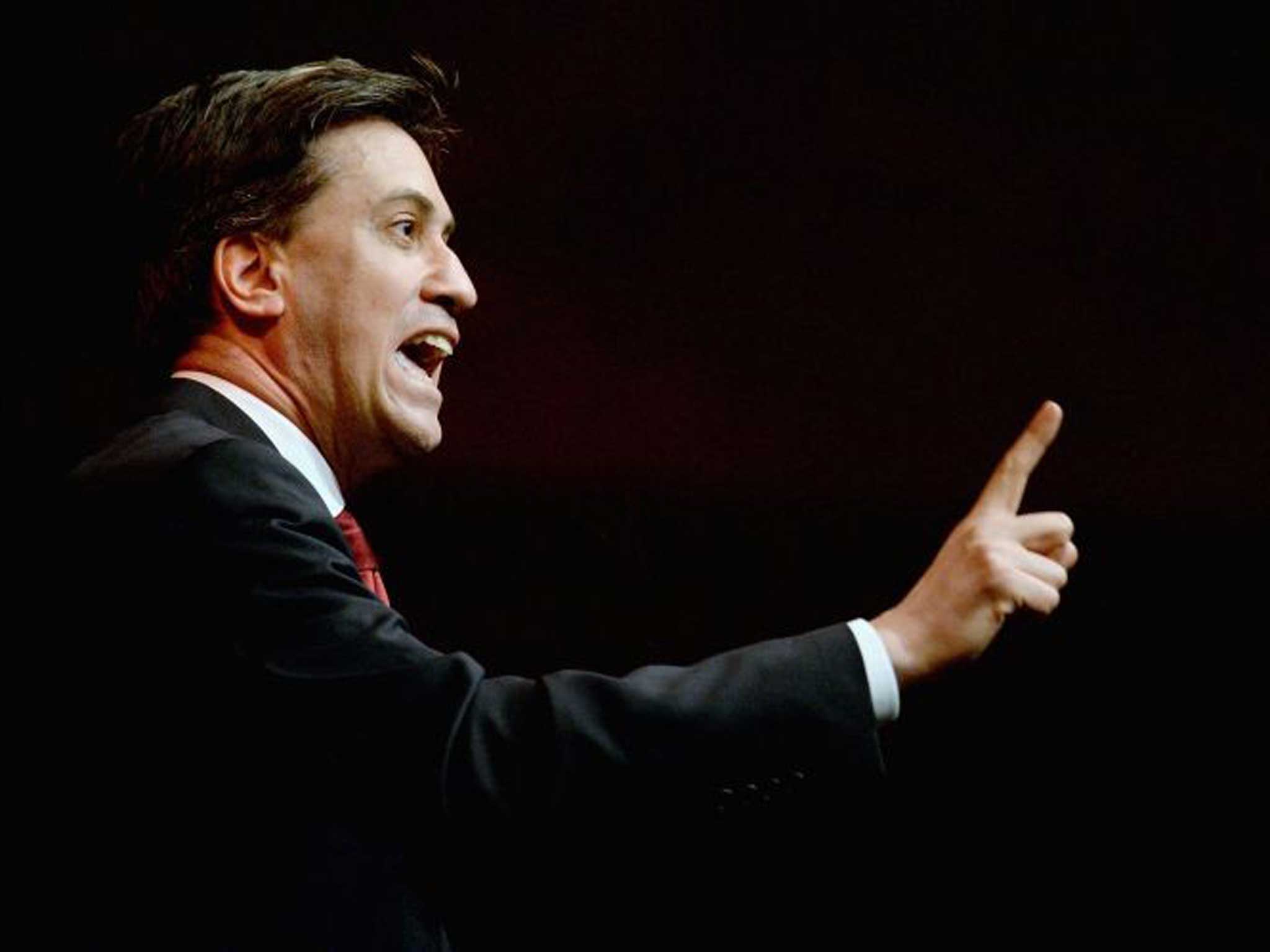Exclusive: Labour will be given only six months to plan policies in Whitehall before the general election in 2015
Cameron cuts short Opposition talks with Civil Service

Labour will be given only six months to “road test” its plans for government with senior civil servants, after David Cameron controversially intervened to block early talks, The Independent on Sunday has learnt.
The Prime Minister wrote to Ed Miliband to inform him that the Civil Service would be given permission to talk to Labour only after party conferences in October.
The PM’s decision led to a furious response from those close to Mr Miliband, with a senior source accusing Mr Cameron of acting for “narrow party political gain” which “characterised” his government.
Labour had wanted to begin discussing policy proposals likely to be in the party’s manifesto with senior civil servants after the European elections in May. But The Independent on Sunday learnt that Mr Cameron had decided to break with recent convention and veto this. A Cabinet Office spokesperson confirmed this yesterday, and said: “The Prime Minister has written to the Leader of the Opposition to authorise pre-election contacts with the civil service from October.”
This will effectively give Labour less than six months to assess how feasible their policies would be in government and restrict the amount of time the Civil Service has to ensure a smooth transfer of power should Labour win the election next year.
In previous elections, under a convention set by John Major, such talks could take place up to 16 months before the last possible date an election could be called. However, the Cabinet Office said previously the time given could be as little as four months before polling day.
The system was set up to ensure that should the government of the day lose the election, the civil service would be able to “hit the ground running” with a new administration.
But with new fixed-term parliaments it was up to Mr Cameron to decide when contact should be established. Whitehall sources said the PM had decided six months was sufficient.
Labour’s shadow minister for the Cabinet Office, Jon Trickett, accused Mr Cameron of playing “fast and loose” with the principles of Civil Service neutrality. “It is simply not right that Mr Cameron should be able to decide when civil servants can start giving advice to the Opposition on their policies,” he said.
“The situation now is that we have two parties in Government and that gives them a massive advantage in the run-up to the next election. I know for a fact that senior civil servants are very uncomfortable with the situation but are unable to do anything about it.”
The decision is also likely to go against the findings of a report by the Institute for Government due in the next few weeks. In evidence to Parliament, the think tank, which has close relations with senior civil servants, said that contact should begin at the end of this May. “Based on past IfG research into the rhythm of pre-election contacts, we are firmly of the view that the contacts should begin at the end of May 2014,” it wrote. “In practice, this would be 10 months before the start of the election campaign, and, after taking account of the summer, party conference and Christmas recesses, this means quite a short working period for meetings.”
It added that the reason more time was needed was to allow personal relationships to be developed between permanent secretaries and ministers. “If the contacts are not started until the early autumn, there will be insufficient time for full discussions between the two sides.” Both Labour and the Institute are concerned that this is particularly unfair because of the coalition. The Conservatives and the Liberal Democrats can “road test” policies but Labour cannot.
“There is also the risk of appearing unfair compared with the position of the two coalition parties,” the Institute added.
Join our commenting forum
Join thought-provoking conversations, follow other Independent readers and see their replies
Comments